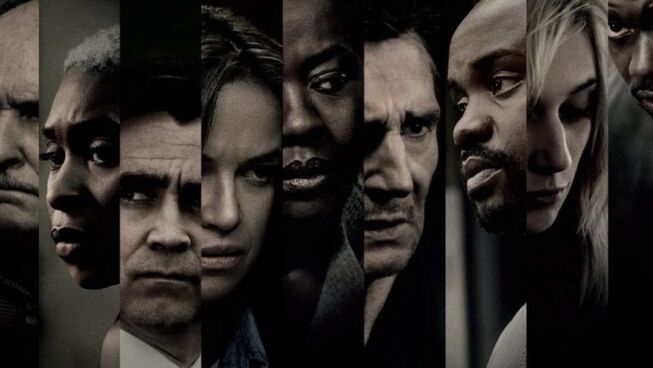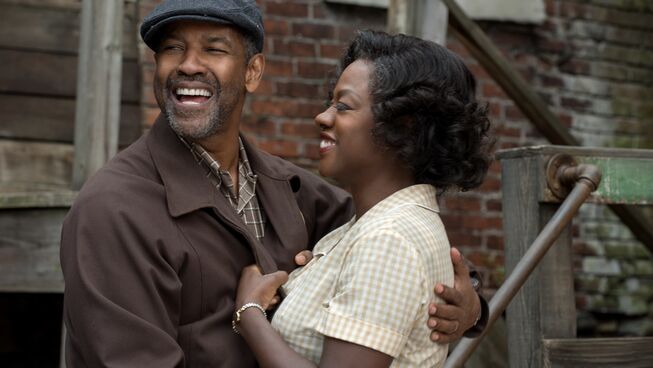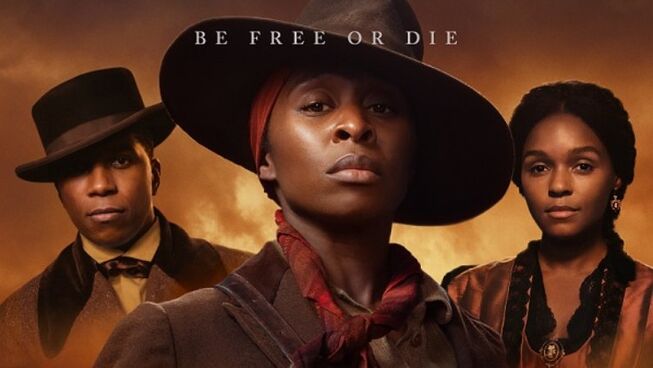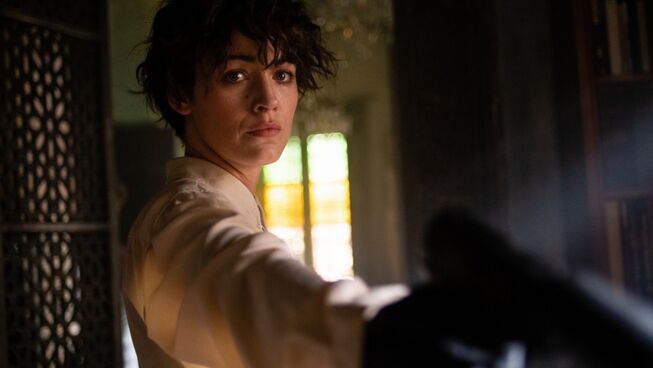
4.5 out of 5 stars
Calculated, methodical and unconventional are how audiences could describe the recent release and career of director Steve McQueen. The Academy Award winner for the historical drama 12 Years a Slave backs up this groundbreaking hit with a fresh twist on the heist genre. Only his fourth feature-length film, his catalogue of projects range in content from the 1981 Irish hunger strike in Hunger to the brutal realities of sex addiction in Shame, the British writer and director proves that he is not going to be limited by convention or mediocrity. Five years in the making and the first film to not have Michael Fassbender in the lead role, Widows turns the traditional heist upside-down and proves that any genre can be artistic as well as entertaining.
Taking the concept of a famed British television drama, a band of thieves who are organised and led by master thief Harry Rawlins (Liam Neeson) look to rob crime boss and politician Jamal Manning (Brian Tyree Henry). Even with meticulous planning and the experience of the team, the job goes very wrong and they find themselves on the run. As they attempt to escape Manning’s thugs and law enforcement, the men are killed in an ambush that leaves the men all charred beyond recognition.
As their widows mourn their husband’s deaths, the women are made aware of the realities of what life will be like without their men. Soon after the separate funerals occur, the debts and dangerous connections of each man begin to haunt the lives of each widow. These women did not know one another before this tragedy, but Veronica Rawlins (Viola Davis) finds a book that contains Harry’s next big heist. With no other options available to these grieving ladies, this unlikely team of inexperienced thieves must work together to pull off the job their husbands were unable to complete.
Each layer of this fascinating tale of grief, treason, deception and power capitalises on every minute of this movie to unpack and to come to a brilliant conclusion. McQueen does not waste any word or scene within the screenplay by taking advantage of a strong cast and ingenious twists that will keep audiences on the edge of their seats. The award-winning director reconfigures the use of an intricate time line and slowly introduces each new element to masterfully expose the challenges of life in urban Chicago.
Viola Davis, Michelle Rodriguez, Elizabeth Debicki, and Cynthia Erivo are perfectly cast to represent the various parts of this unorthodox team of would-be thieves. Each brings enough back story to complement this group of women as they navigate a world that is unfamiliar to them, but shows how utter desperation drives people to choose this life. These women manage to show the vulnerability and strength to make this concept believable and engaging. Robert Duvall and Colin Farrell brilliantly portray the patriarchal issues of American politics, but it is the smouldering and brutal roles of Brian Tyree Henry and Daniel Kaluuya that deliver the necessary tension to push this world of crime from conventional to visceral.
In an attempt to remain cryptic for the sake of avoiding spoilers, Widows proves to be one of the unexpected standout films of the year. A film that is filled with mature content and is not recommended for the faint of heart or easily offended, Steve McQueen does not hold back from showing the rough and raw aspects of the human experience, but does it in a masterful way that should be experienced for anyone who appreciates exceptional film making.
REEL DIALOGUE: What are the realities of grief?
Gillian Flynn's (Gone Girl) adapted screenplay brings grief to the forefront of people's lives. Regret, tears, anger, confusion are some of the emotions that come along during this time in the lives of those who lose a loved one. The brilliance of the storyline within this film is the ripple effect of a tragedy and how everyone does it differently. Also, Steve McQueen manages to show that when tragedy occurs, life still goes on and how people grieve despite the activity of life moving on. One thing that can be considered about the message of the Bible is that God is not only there for those who grieve, but that he can empathise with them too. His Son died a horrific death and it allows people to know that they can come to a God who knows how they feel during this low in their lives.
Questions
- Does the Bible have anything to say about death? (Ecclesiastes 12:7, John 14:1-3)
- What can we learn from grief? (Psalm 34:18, 2 Corinthians 1: 3-4)
- Is God a mystery? (Colossians 2:2-3, Ephesians 3:5)








